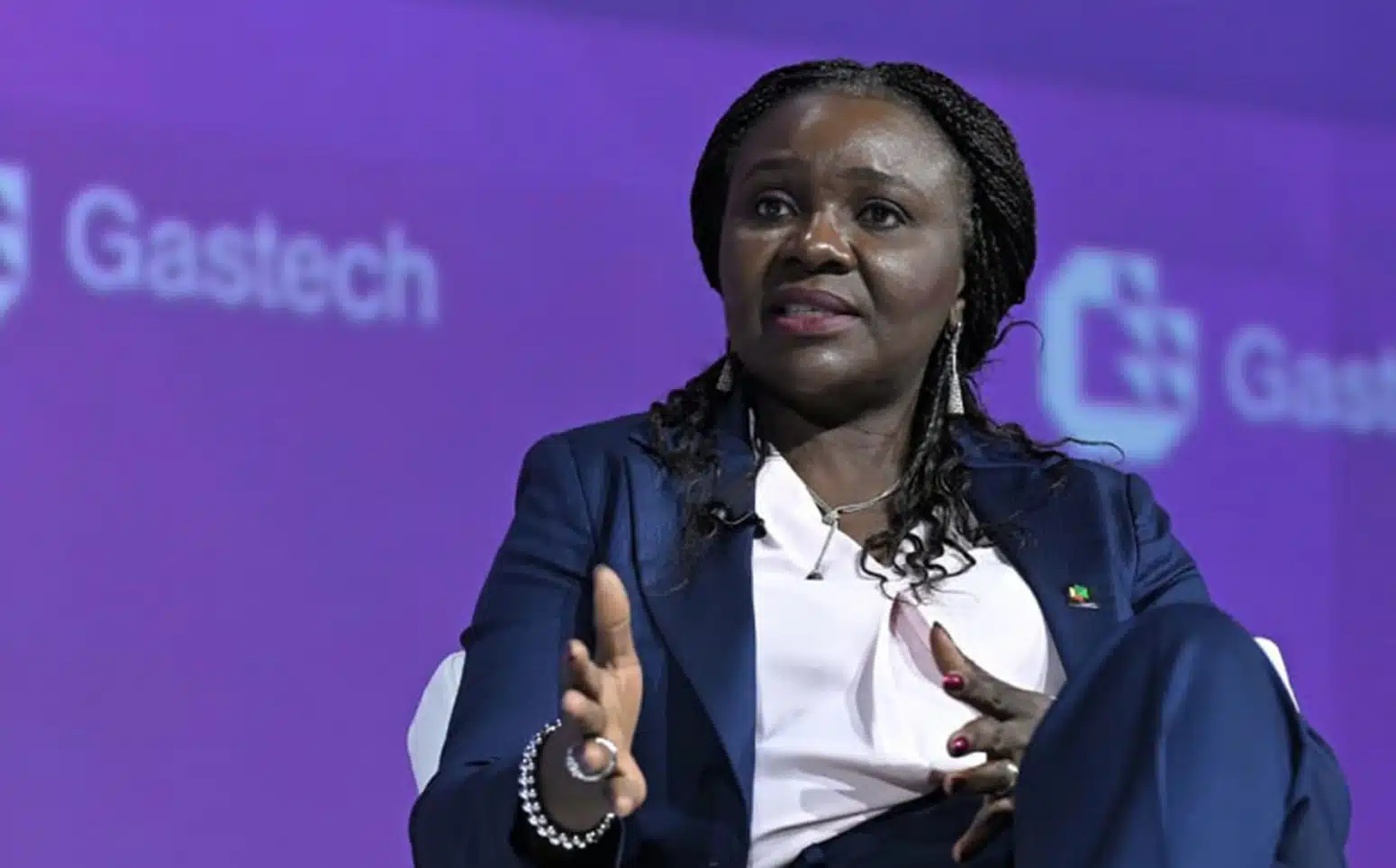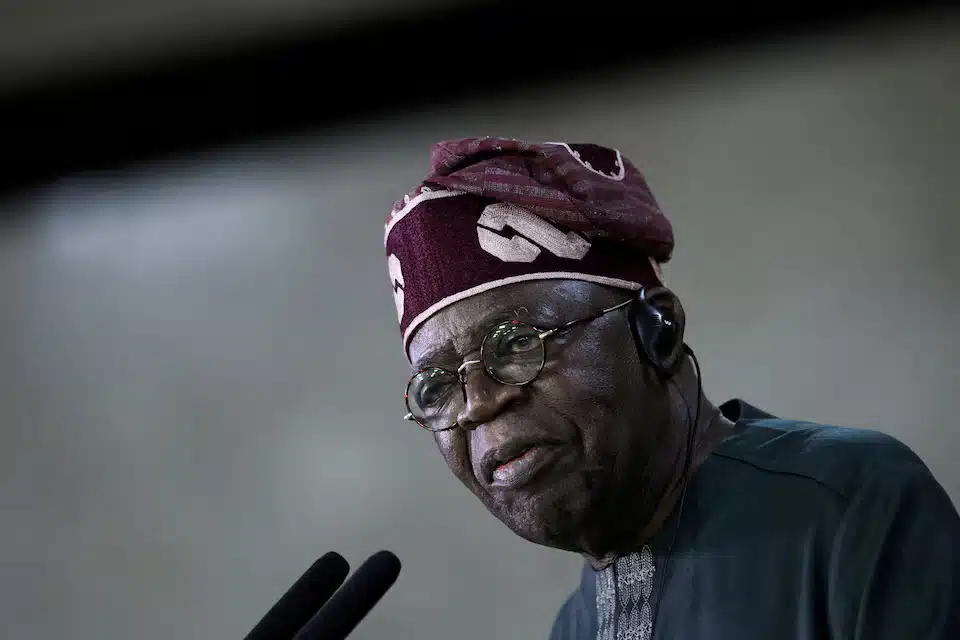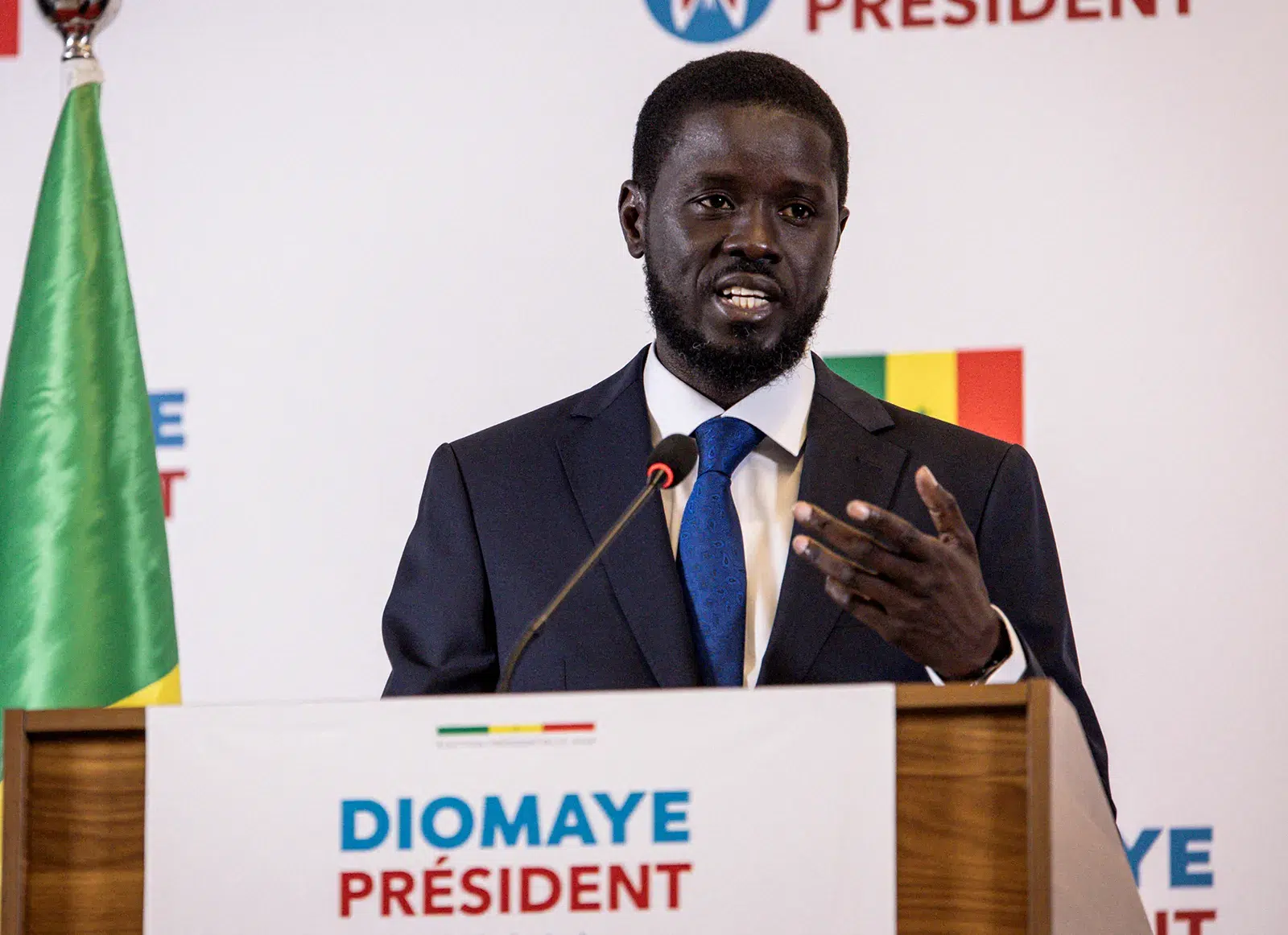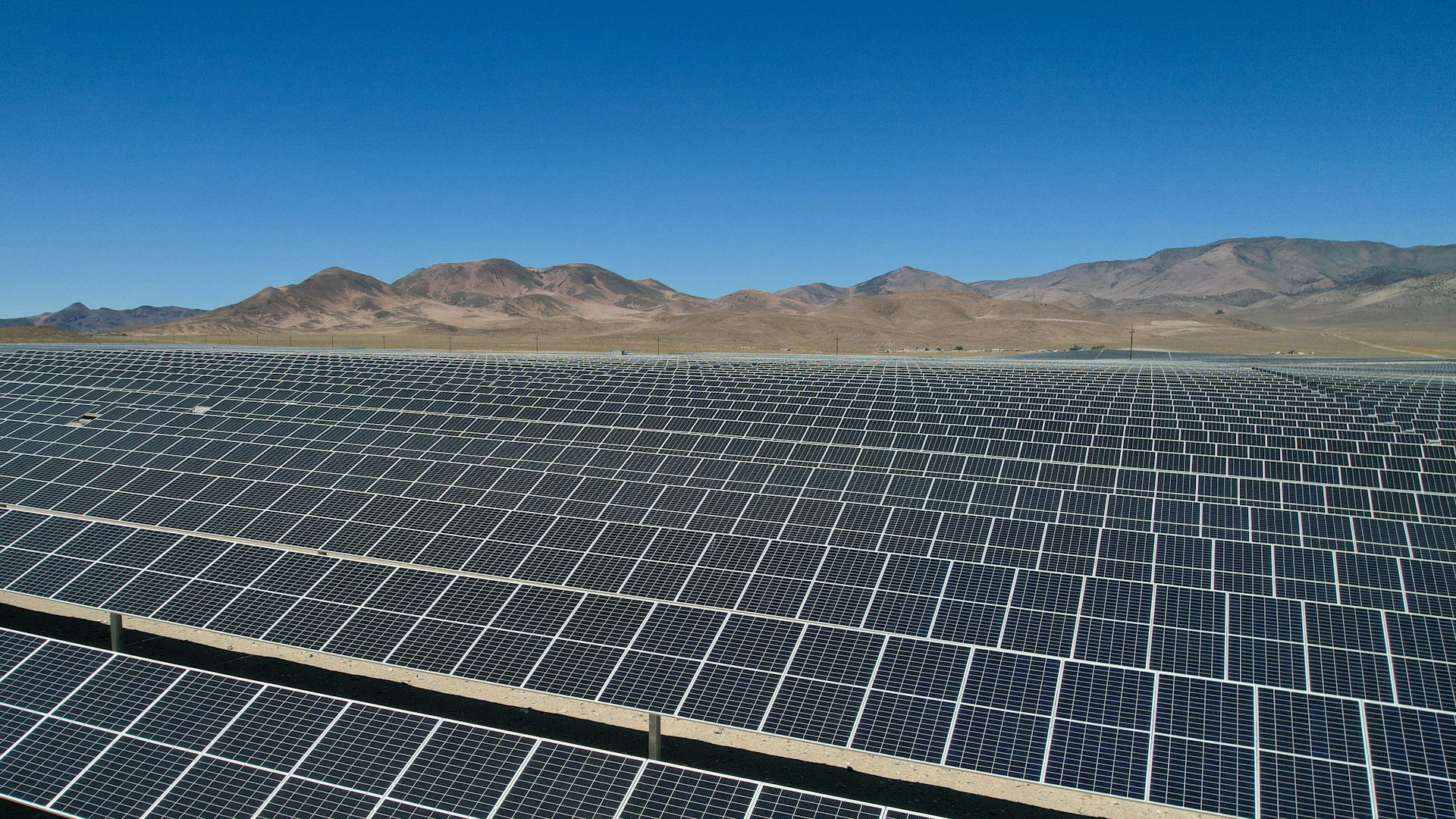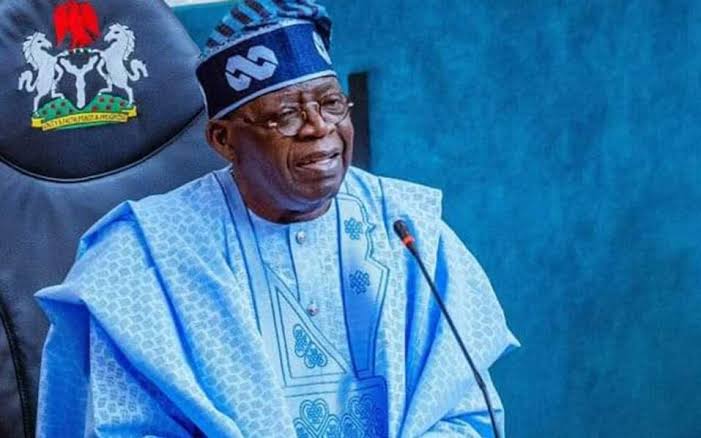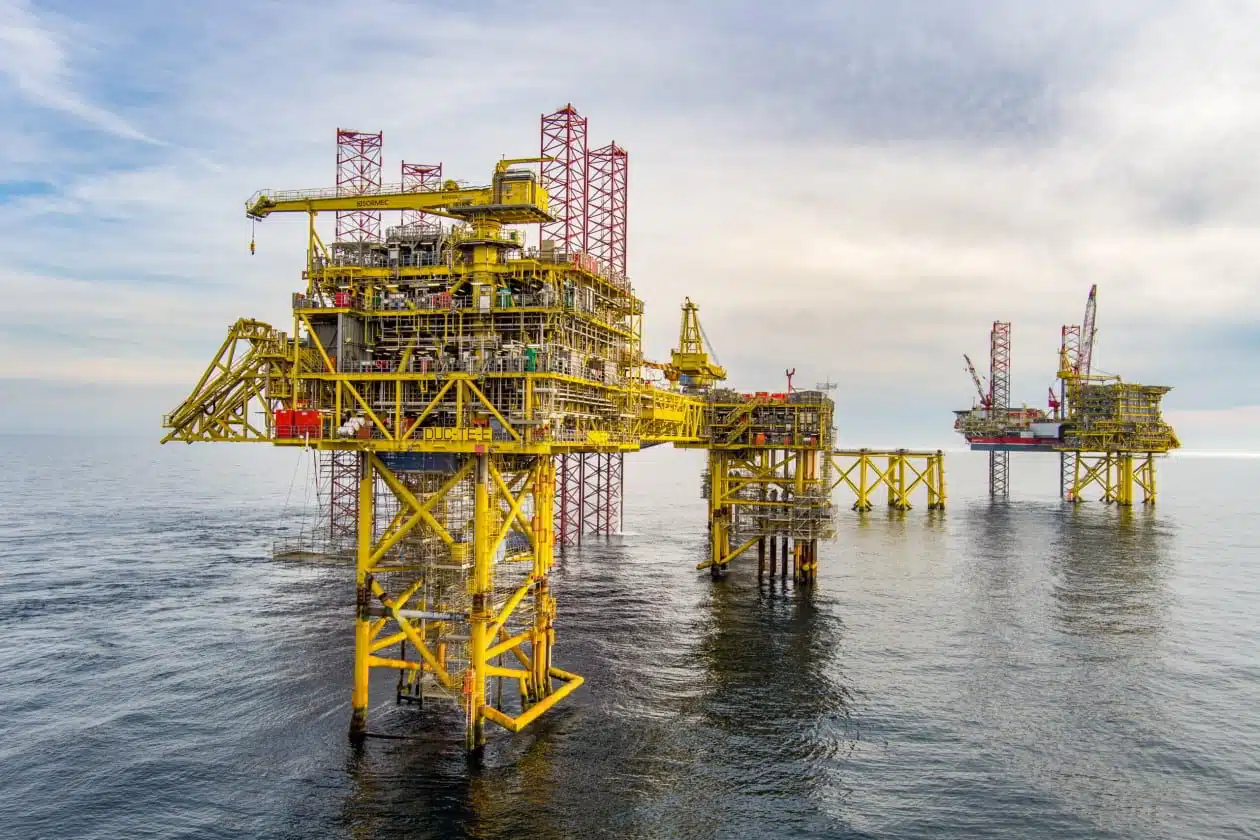Ten years after exiting Gabon, American energy giant ExxonMobil has signed a memorandum of understanding to resume oil and gas exploration off the coast of the Central African nation.
The company confirmed the agreement in a statement on Wednesday, describing it as a non-binding, preliminary deal that grants access to Gabon’s deepwater and ultra-deepwater offshore blocks.
Earlier this month, Energy in Africa reported that ExxonMobil was pursuing an exploration licence in Gabon’s deepwater basin, where depths reach up to 7,000 metres below sea level.
The agreement, initially expected to be formalised in the coming weeks, has now been concluded, according to ExxonMobil.
Gabon, a member of the Organization of the Petroleum Exporting Countries (OPEC), is seeking fresh investment to revitalise its hydrocarbons sector, which includes a mix of mature oil fields and newly discovered reserves.
Why ExxonMobil left Gabon
ExxonMobil has active operations in key African countries such as Nigeria, Angola and Mozambique.
But its activities in other low-key African markets have been limited in the last 10 years.
The company exited Gabon in 2015 primarily due to strategic portfolio adjustments and declining production from its mature assets in the country.
The decision was influenced by:
- Declining production from ageing fields.
- Low oil prices at the time, which made marginal assets less attractive.
- A broader move to focus on high-return deepwater and shale assets elsewhere.
As a result, Gabonese fields were no longer considered economically viable compared to other opportunities.
Similarly, the company had also in 2022 began winding down its operations in Equatorial Guinea, “a high cost region” where carbon emissions are said to be a problem.
What the return means for Gabon
Before the 2015 exit, ExxonMobil operated in Gabon for over 50 years, primarily through its subsidiary Esso Exploration and Production.
The company held interests in several onshore and offshore blocks, including the mature Rabi-Kounga field.
While the company was away, Gabon’s oil sector saw increased interest from other players, including Perenco, Panoro and BW Energy as the government continued to promote offshore exploration, especially in deepwater blocks.
The return of Exxon to Gabon, which hosts some of Africa’s largest oil reserves, potentially has wide-ranging implications for the country’s oil and gas sector as well as its economy.
Unlike other existing players, ExxonMobil brings advanced deepwater exploration and production technologies, which could modernise Gabon’s energy infrastructure
Also, new offshore discoveries may diversify Gabon’s energy portfolio and reduce reliance on ageing onshore fields.
This could bring huge economic relief for the country, where oil accounts for 45% of its GDP, 60% of public revenue and 67% of total exports.
However, the return itself is the outcome of a direct discussion that has been ongoing since August between Gabon’s Minister of Petroleum, Sosthen Nguéma and Exxon.
That same month, Exxon had equally reached a deepwater exploration agreement with Trinidad and Tobago, also marking a historic return to the Caribbean nation in over 20 years.




